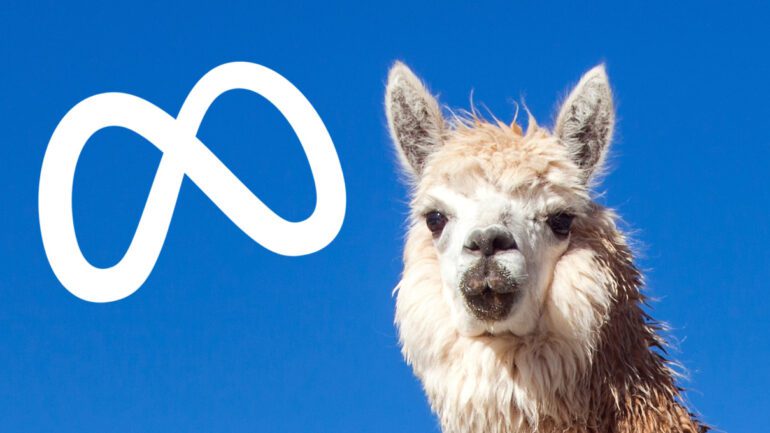TL;DR:
- Meta refutes allegations of copyright infringement in AI model training.
- Authors, including Sarah Silverman, claim Meta violated their copyrights.
- Meta argues its use of materials for AI training is “transformative” and “fair use.”
- They cite a precedent involving Google to support their position.
- Meta calls for a more comprehensive examination of copyright fair use.
- Authors’ legal team expresses confidence in their claims.
- OpenAI faces similar copyright-related challenges.
- Lawsuit against Meta and OpenAI opened in July amid a wave of Big Tech legal battles.
- Class-action lawsuit targets OpenAI and Microsoft over alleged data scraping.
- Google also faces a lawsuit for alleged data misuse in AI training.
Main AI News:
In a recent courtroom showdown on September 18, Meta staunchly defended itself against claims of copyright infringement in the training of its artificial intelligence (AI) model, Llama. Renowned author Sarah Silverman and a consortium of other writers alleged that Meta had illicitly incorporated copyrighted material from their books in the development of its AI system.
Meta, the parent company of Facebook and Instagram, firmly asserted that its utilization of various texts to educate Llama and enable it to statistically model language and generate original expressions is unequivocally “transformative” and well within the boundaries of “fair use.” The company’s legal representatives referenced a precedent set in a related court case, drawing parallels to Google’s legal victory in the case of Authors Guild v. Google, Inc., 804 F.3d 202 (2d Cir. 2015), which affirmed the fair use of copyrighted content in the creation of internet search tools.
Furthermore, Meta emphasized that the fundamental issue of copyright fair use should be revisited in more comprehensive detail on a separate occasion. They pointed out that the plaintiffs had failed to provide substantive explanations regarding the specific “information” they alleged had been utilized or to furnish specific outputs related to their intellectual property.
In response, the authors’ legal team issued a separate statement on September 19, expressing their unwavering confidence that their claims would endure and proceed through the processes of discovery and trial.
It’s noteworthy that OpenAI, in a fashion akin to Meta, had previously attempted to counter portions of the copyright claims in August, invoking analogous arguments.
This lawsuit against Meta and OpenAI, originally initiated in July, is but one among a wave of legal battles erupting against prominent Big Tech entities, centered around allegations of copyright infringement and data misuse as artificial intelligence continues to ascend.
Notably, on September 5, two anonymous engineers initiated a class-action lawsuit against OpenAI and Microsoft, asserting that the companies had employed questionable scraping techniques to acquire private data during the training of their respective AI models.
In a related context, Google encountered a lawsuit with similar grievances in July, following updates to its privacy policy. The legal action accused the tech behemoth of utilizing substantial volumes of data, including copyrighted material, in the course of its AI training initiatives.
Conclusion:
Meta’s robust defense against copyright claims in its AI training methods sets an important precedent in the evolving landscape of AI and intellectual property. The outcome of this legal battle could have significant implications for the broader market, potentially influencing how tech giants utilize copyrighted content in their AI systems, which may impact future innovation and development in the industry.

